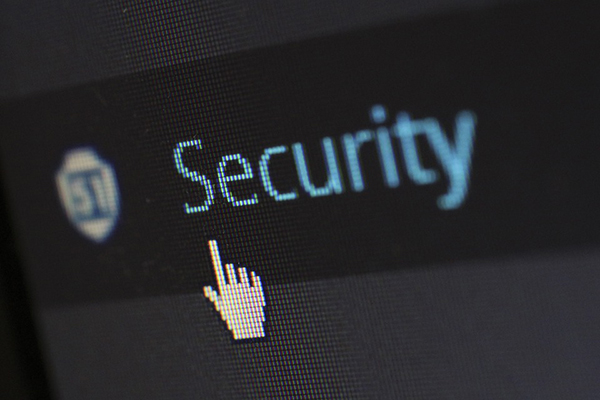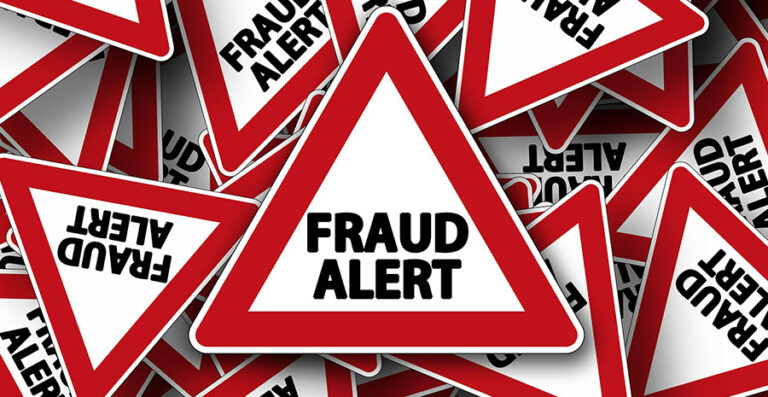This isn’t your father’s holiday shopping season. The gradual trend from brick-and-mortar shopping to online has brought unprecedented speed and convenience to the once overwhelming task of finding the perfect gift at the best possible price. Unfortunately, it has also brought out a new generation of thieves and con artists. Here are some simple steps that you can take to ensure you aren’t getting scammed this holiday season.
-
Keep your security software up to date – This should be among the first steps in online security, and not just for online shopping purposes. Having the latest version of security software, such as antivirus and ad blocking software, provides a crucial line of defense against malicious online activity. Although comprehensive computer security services, often referred to as security suites, do not necessarily prevent you from giving your own information away inadvertently, they are key in fighting virtual intruders.
-
Avoid email attachments, Facebook links, and ads – One of hackers’ favorite ways of stealing personal information is through a scam known as phishing, in which thieves send out links designed to appear as if they are coming from a reputable source, such as a legitimate retailer. When clicked on, these links take you to a fake website designed to mirror the look of the retailer’s site as closely as possible. Typing your credit card information, or any information, on this fake site will hand it directly to the hackers. The most common way that criminals send these deceptive links out is through mass emails, though they have also begun sending them through social media posts and online ads as well. In all cases, the communications are disguised to appear as if they are coming from legitimate sources. Though it may be possible to differentiate phonies based on misspellings or other inconsistencies, the best way to protect yourself from any phishing scam is to avoid clicking on the links, ads, and attachments altogether. Simply go to the verified retailer’s site (usually just ‘retailer’.com) and search the item in question from there.
-
HTTP vs HTTPS – Another way to verify the security of your online purchase is to make note of the beginning of the site’s online address. A site beginning with “https://” is more secure than a site that begins with “http://” because it is encrypted, meaning that it provides an extra layer of protection against hackers.
-
Use a credit card, not a debit card – Thanks to the Fair Credit Billing Act, credit card users have a good deal of recourse in the event of billing errors and fraud. Unfortunately, the same is not necessarily true of debit cards. Not only does shopping with a credit card give you a broader range of options should you be the victim of a hacking-related fraud, it also allows you to dispute billing errors, faulty merchandise, or non-delivery of an item.
-
Don’t shop using public wifi – As a general rule, wired or password-protected wireless connections within your home are the safest connection methods for online activity. When you use a public, non-protected internet connection, there is a possibility that a hacker with bad intentions is waiting on that same connection. These hackers can take advantage of this connection by observing and even hacking into your online session in order to collect passwords and banking information.
So, there you have it folks. If you are one of the many millions of Americans who will be shopping online this Cyber Monday – or 2016 holiday season – adhering to these steps will help to ensure you aren’t left out in the cold due to being scammed.



